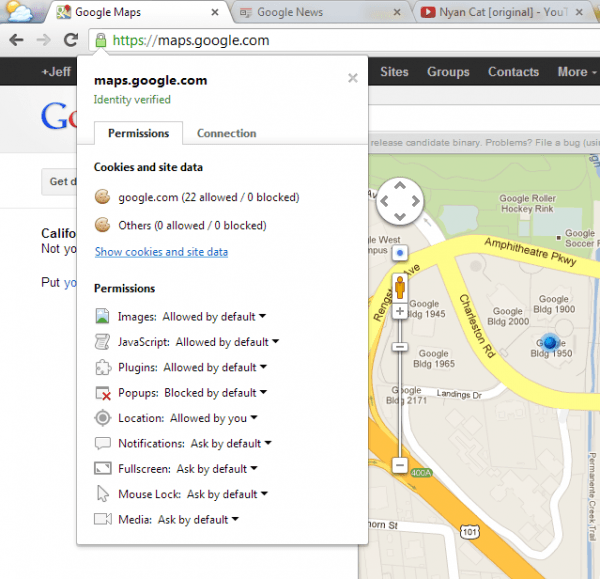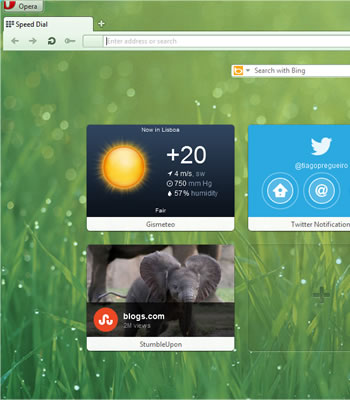Opera has released an update today, bringing a handful of new features including improved support for Microsoft and Apple's platforms. Opera users who have purchased new touch-enabled Windows 8 devices will be happy to find enhanced support for finger input. The release notes mention basic touch controls for Windows 7 and Windows 8 classic (presumably referring to the desktop interface).
Folks running Mac OS X 10.8 Mountain Lion can also look forward to some new features, including alerts from Opera in the new Notifications Center and improved support for the high-resolution "Retina" displays on newer MacBooks and iMacs. Opera 12.10 also adds a button to the address bar that makes use of Mountain Lion's integrated social sharing functionality. Other noteworthy changes include:
- Support for the SPDY protocol to improve and secure connections. Gmail and Twitter have already started using SPDY to supplement HTTP.
- The WebSocket API is supported and turned on by default in Opera 12.10. Opera now also supports ICC color profiles and color management.
- Support for Flexbox and and @supports to give website developers more control of how their website appear in the end users' browsers.

Meanwhile, Google has also unleashed a new build of its browser. Alhough it's not as significant as Opera's update, Chrome 23 finally introduces support for the Do Not Track (DNT) protocol, which has already been added to Internet Explorer, Firefox, Opera and Safari. Google also touted the performance improvements garnered by recently enabling GPU-accelerated video decoding for Chrome on Windows – particularly in battery life, which lasted about 25% longer with GPU acceleration in the company's tests.
